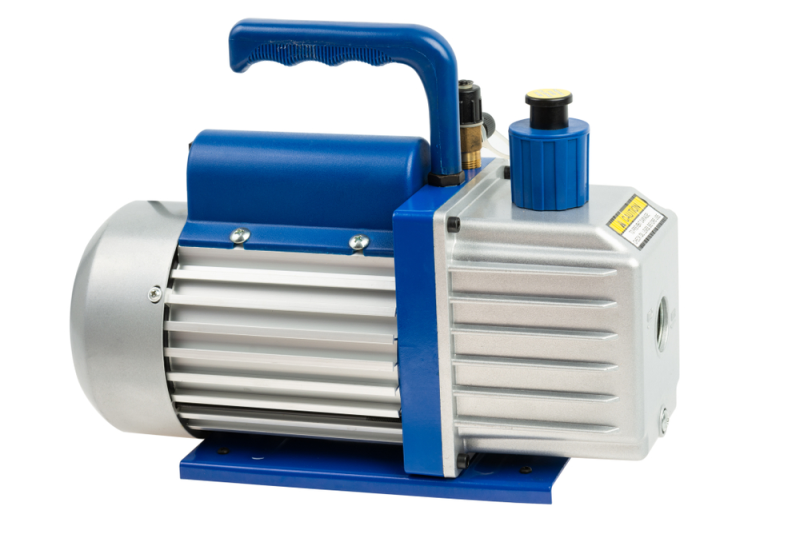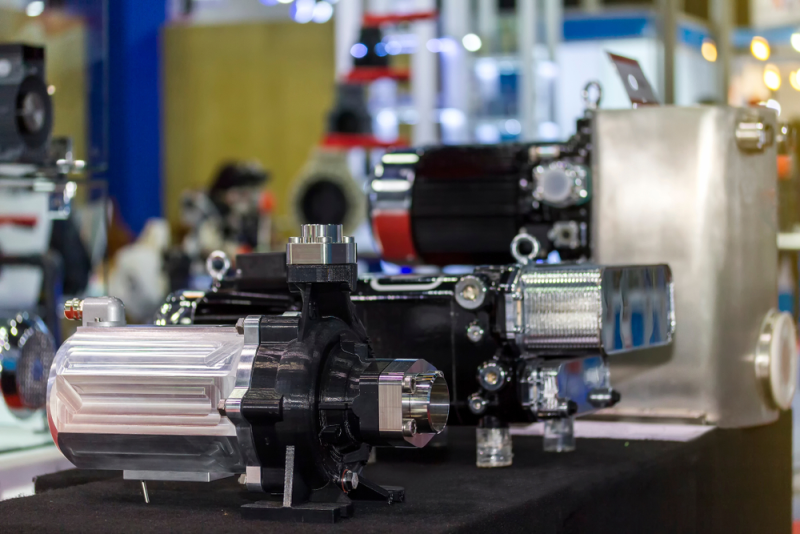Best Way to Use A Smart Pump

An infusion pump is basically a medical device, which is used for delivering fluids. These fluids can be nutrients or medications which have to be delivered into the patient’s body, in balanced amounts. Infusion pumps are mostly used in hospitals and nursing homes; however, they be used in homes too.
Generally, infusion pumps or smart pumps are operated by trained users. The smarts pumps are then used by the user to program the rate and duration need for the delivery of fluid, which is done through an already built-in software interface.
There are different types of smart pumps:
- Large volume
- Patient-controlled analgesia
- Elastomeric
- Syringe
Some smart pumps are designed specifically for stationary use at the patient’s bedside. Others are known as ambulatory infusion pumps and are designed in such a manner that they are portable or wearable. Following are some of the advantages of smart pumps, which will help you to understand why and when smart pumps are required:
- Infusion pumps or smart pumps offer various kinds of advantages in terms of manual administration of fluids – whether it is about the ability to deliver the fluid in very small amounts or the ability to deliver fluids at very particular and/or automated intervals. They can be required for delivering medications like insulin, antibiotics, pain relievers as well as chemotherapy drugs.
- Smart pumps are very much like the various other types of smart technology – but these are much more steam lined and safeguard as well. Also, these are known for their ability to reduce the risk of errors. They are well programmed with alerts, so that the medical personnel know when and if there are any risks of any sort of adverse reactions between the medications.
- Infusion pumps are high tech pumps that incorporate multiple drug libraries which are specific to each care-area and ensure that the concentrations and dosing units as well as the dosing limits are all well considered.
- Smart pumps also have other safeguards – they do not allow certain factors to be performed in case it is not appropriate. In this way, they reduce the chances of manual mistakes as well. You are always suggested to call out for help in case you are unable to comprehend the installation process of these pumps.
- Infusion pumps such as the pump have the ability to do more than keeping the patient safe – they also improve the workflow of medical facilities and allow the staff members to improve their work eventually. Smart pumps are efficient, and it gives the medical personnel enough time to pay attention to patient care instead of just focusing on programming pumps and taking care of reactions that might be adverse.

The effectiveness of these pumps relies on their capacity of deliver the fluids in certain amounts or volumes and rates, and at specifically mentioned times and intervals. The smart pumps can be managed by building certain abilities in the systems which help collect data and find out when exactly the alarms occur, and why. It is also important to note how long it takes the user to respond to the alarm. Infusion smart pumps are all about using the data and passing it back in order to ultimately make the right decisions.
Smart pumps are used in nursing homes and in hospitals because of their several advantages, and effectiveness. In recent times, there has been an increase in the number of facilities that are going through shifts from traditional equipment to smart pumps because these are error prone models and thus increase protection for both the medical personnel and the patient.
-
-
-
-
/ 0 Comments